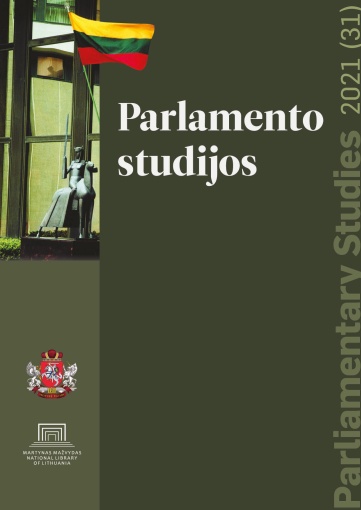Contribution of Parliaments and Judicial Institutions into the Protection of Fundamental Rights: Towards a Closer Link
DOI:
https://doi.org/10.51740/ps.vi31.774Keywords:
fundamental rights, ad hoc committee, constitutional culture, legal and political constitutionalismAbstract
In contemporary constitutionalism, judges and, afterwards, independent institutions, have been entrusted with the protection of fundamental rights against the tyranny of majorities. However, parliaments, which have a historical role in this respect that cannot be forgotten and institutional abilities that can compete with those of judges, have recently stepped in again. International consciousness-raising has helped revive this concern among parliaments, parliamentarians and parliamentary staff, and make the protection of fundamental rights a shared responsibility. Traditional parliamentary functions – passing bills, controlling the executive, adopting the budget, tabling a motion, investigating, reporting, etc. – can all contribute to the protection of fundamental rights. The latter ‘colour’ the daily operations of political assemblies that are the expression of the citizens’ political rights. More proactively, specific institutional devices, among which the creation of specialised committees like the United Kingdom Joint Committee on Human Rights, can be designed to single out the parliament’s original mission. Whether this truly helps develop a shared interinstitutional culture of sensitiveness to fundamental rights is empirically debatable.









 The metadata of the scholarly journals and publications of the Lithuanian National Martynas Mažvydas Library is distributed by
The metadata of the scholarly journals and publications of the Lithuanian National Martynas Mažvydas Library is distributed by 